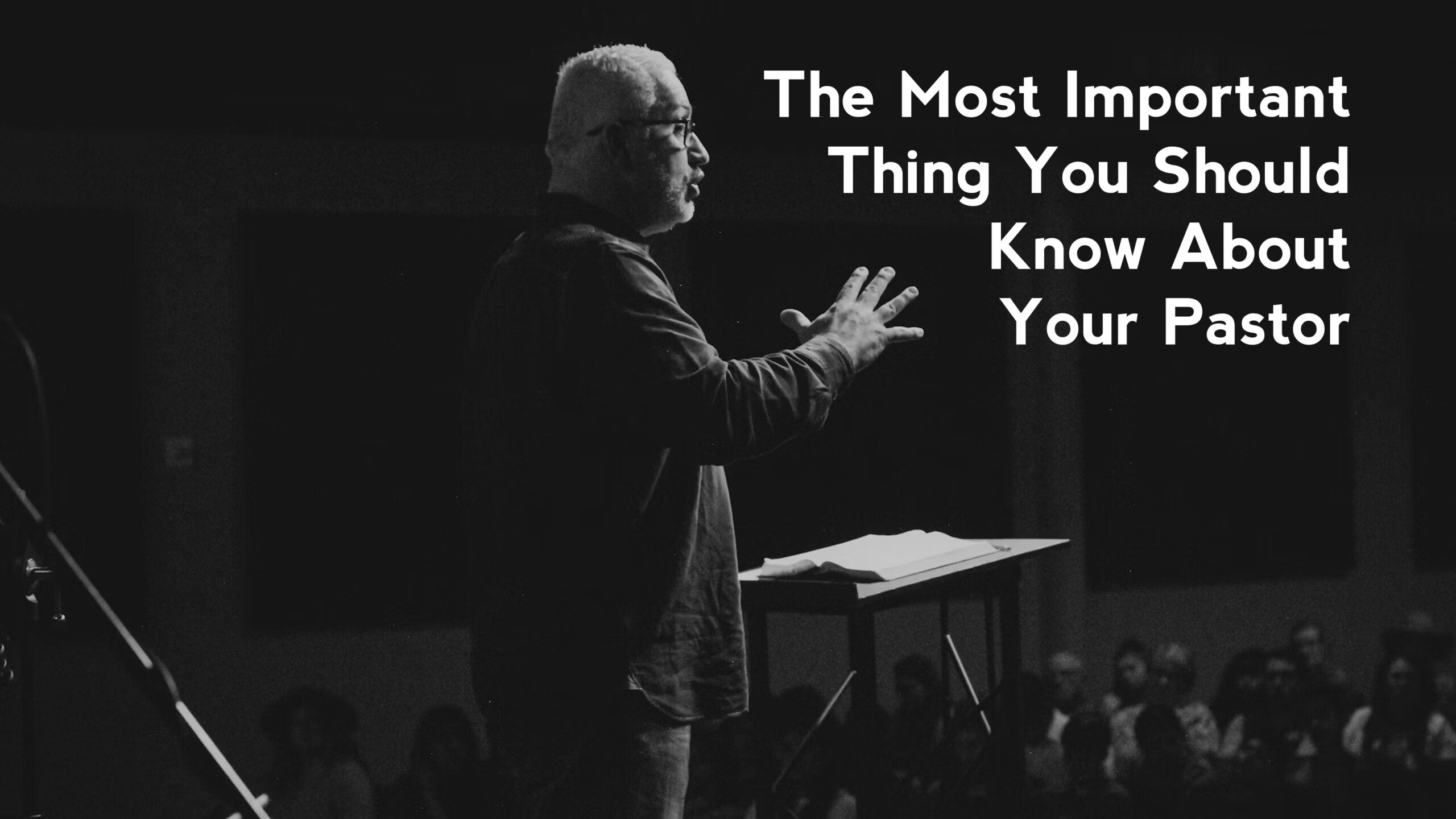Jesus warned us that there would be many wolves in sheep’s clothing seeking to devour God’s people (Matthew 7:15). Sometimes it can be difficult to spot the wolves before its too late. And if you’ve ever been “bit” you may have a tendency to see wolves where they don’t exist. So how do you avoid projecting your past pain or present fears onto a potentially good shepherd of God’s flock? There’s a few things we immediately think of that should be obvious, Does he preach the Bible? Does he regularly give the Gospel? Does he have model godly character? Does he care for the congregation? But let’s get more specific, because even these traits can be hard to discern. Here are a five qualities I look for in senior pastors that tell me they are the real deal…
- He doesn’t always make you feel good about yourself. Another pastor once told me that the two-fold job of a shepherd is to “comfort the afflicted, and afflict the comfortable.” Some members can have an entitled attitude toward their pastor. But good pastors work for God first and foremost, and their congregation secondly. Paul said in Galatians 1:10, “For am I now seeking the favor of people, or of God? Or am I striving to please people? If I were still trying to please people, I would not be a bond-servant of Christ.” Truth is, we need bold men of God, who lovingly call us out of our comfort zones, and model the way for us.
- He praises people publicly and privately. A good pastor regularly acknowledges the faithfulness of the congregation with words of encouragement and other appropriate gestures, without needing to make themselves the “hero” of the story. With the responsibility of speaking, teaching, and preaching several times a week, it can be easy and tempting for a pastor to focus on themselves and take credit for the church’s accomplishments. But there would be no church without the people. Good pastors know this and honor their people for their love, generosity, faithfulness, and work in the ministry.
- He handles confrontation well. A pastor has a massive responsibility to instruct and correct people (2 Timothy 4:2), but how they correct people will make the outcome more or less likely to succeed. Good pastors confront people with grace when necessary, for the purpose of restoration rather than to discipline people. Yes, sometimes a pastor needs to ask someone to leave, but these should be extremely rare. While I have had plenty of people leave my ministry over the past 20 years for a myriad of reasons, I have yet to ask someone to leave my church and not come back. Like amputation, telling someone to leave should be a last resort, and only when every other reasonable option has been attempted to bring healing to the person.
- He smells like sheep. This one may sound a bit weird, but if you’ve ever spent any time around livestock, you get it! Cows, sheep, horses, etc. all just have a certain smell to them. A good pastor does not live in an ivory tower, untouched by the “smell” of people they shepherd. He lives among, hugs, laughs, eats, and serves alongside the people he is called to lead. You can impress from a distance, but you can only truly influence up close and personal. Good pastors understand that they cannot lead people somewhere they are not going themselves. As such, they do life among them, modelling the very behavior they are supposedly trying to teach. There’s two other reasons they smell like sheep. They actually love the sheep and want to spend times with them, and… we’re sheep also! We all belong to Jesus, which is why pastors should live a life that says “follow me, as I follow Christ.”
- He watches over his whole church. This one gets tricky… I don’t mean that they personally have a deep relationship with every member of their church. That is impossible past about a dozen people. Even Jesus only had 12 close friends while on this earth, and one of those was a traitor. Your pastor – on his best days – might have the physical, emotional, and relational bandwidth to have 10 to 15 close relationships… max. Which means that if your church consists of only 100 people, you are only 10-15% likely to be one of the close people in his life. Good pastors build healthy infrastructure, leadership development, small groups ministries, and follow up systems to ensure that everyone is ministered to by one another, whether he is personally able to minister to each individual 1-on-1 or not. He “equips the saints for the work of ministry… until we all attain to the unity of the faith.” (Ephesians 4:11-13).
There are certainly plenty of other qualities one could identify in a “good pastor”. Feel free to add your thoughts in the comments, or show some love for the spiritual leaders in your life.
Blessings,
Pastor John




